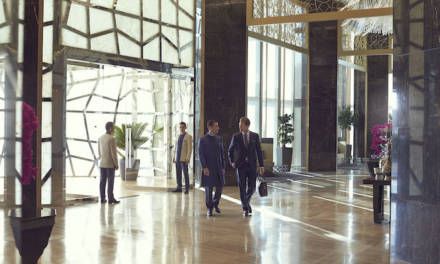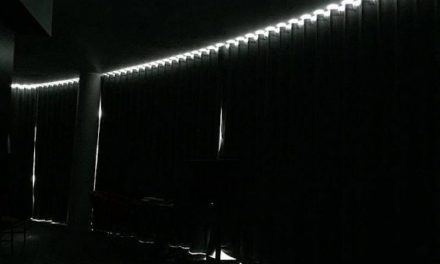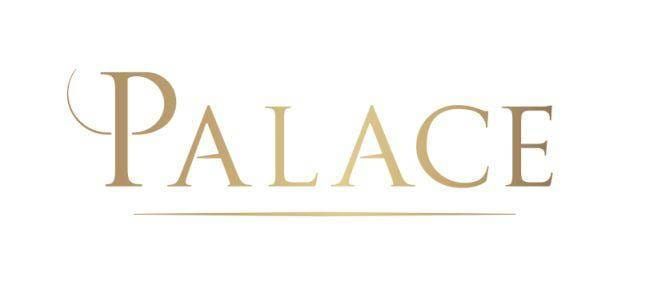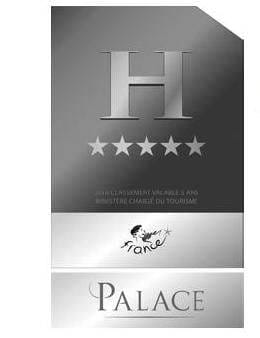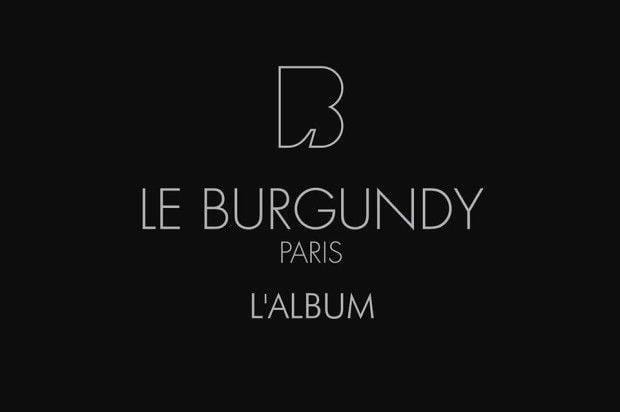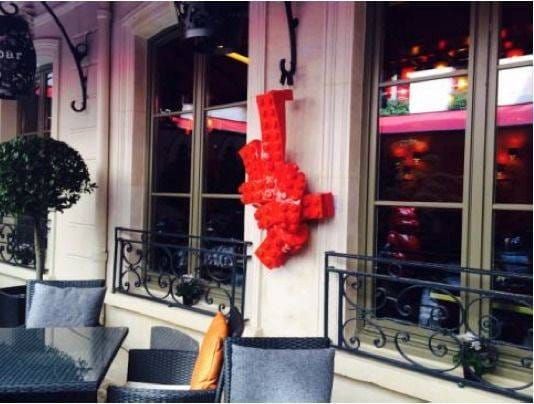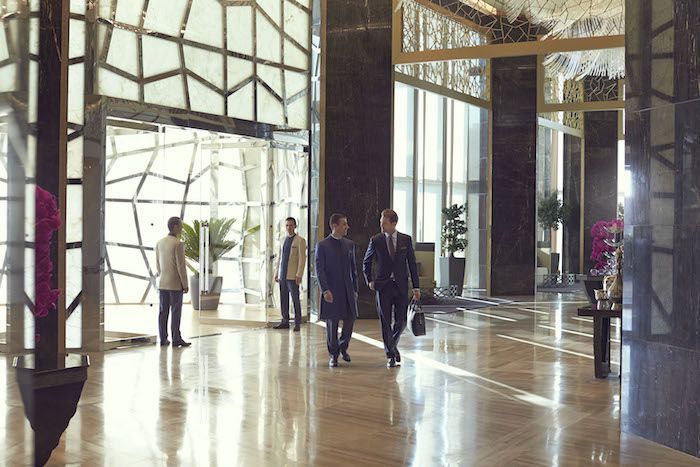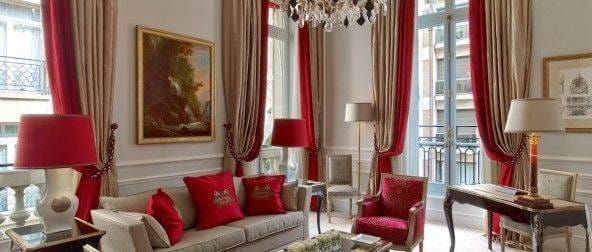Rivalry Among the ‘Newest’ Palaces in Paris
A little competition is always healthy and, when done right, usually leads to better client service. When I think about the situation over the last 15 years, it’s worth noting that the Park Hyatt was the first to establish itself (2002) and begin disrupting codes by offering a contemporary design that clashed with many of the other existing Parisian Palaces. Since then, other brands have established themselves, such as the Raffles, Shangri-La, Mandarin Oriental, Peninsula and soon the Rosewood.
This has allowed for the launch of large-scale renovation projects in many of the Palaces. They have had to consider the level of other Parisian hotels, but also global competition. There have been many large hotels that have opened in Asia and the Middle East, and all of them try to outdo each other by coming up with newer and better concepts. As a result, clients have become used to seeing best practices from around the world and not just in Paris.
Even if decoration is important, it remains no less true that service is the fundamental element of the differentiation of Palaces. As easy as it is to renovate a hotel as long as the owner possesses the budget and the time to do so, it still remains a real challenge to go out and hire nearly 500 employees in the few months leading up to the opening of the hotel. It goes without saying that between a hotel that has worked with its teams for generations and a hotel that has just opened with entirely new teams, the client can sense a marked difference in the level of service. It takes years to create the necessary human touch for some hotels. An establishment like the Plaza Athénée allows clients to feel at home within its walls. When the hotel closed for renovation in 2013 and 2014, the director made the decision to retain the entire staff and even took advantage of the occasion to send a majority of them to other hotels so that they could go off and learn from a different experience. Upon returning to the hotel, clients were able to feel at home again with a brand and staff team that were familiar to them. The staff team know their clients well and are well trained in doing what they have to do serve them.
It won’t be the pool, the spa, the restaurant, or the new rooms in a newly opened Palace that will make clients leave one hotel for another. It is the level of the service and the welcoming disposition of the service staff that determines the client’s expectations. Beyond the rivalry of Palaces alone, there is above all a healthy desire to draw new clients from different horizons. Paris is a large city that wants to welcome the entire world, so we need more beautiful rooms after the other!
The Multiplicity of Hotel Recognitions
These days, the number of hospitality awards has skyrocketed, with new ones seeming to appear each week. Some hotels in Paris are out to collect them and flaunt them as trophies. Others choose to do so more discreetly. In my opinion, the true recognition for hotels comes from the loyalty of their clients and their willingness to promote the hotel.
A large number of new hotels suffer from operational challenges related to openings. It takes several years for the ensemble of a hotel’s services to operate successfully. It is important for a hotel to have a story and experience—which necessarily takes time. Older hotels can rely on their long-running history, and new entrants must instead rely on their creativity to craft their story and identify their differentiating factor.
Rediscover my article on “3 New Palaces in France.”
Laurent Delporte, an editor and conference speaker, is a strategic expert in the sector of hotels. A visionary, he brings his unique look on hotels in service to the decision-makers in the industry, whether to enhance the development of new projects or strategic visions.
Laurent has visited and audited over 350 hotels across the world and also participates in mystery visits to provide quality control for the world’s finest hotels.


 HOME
HOME